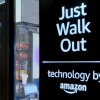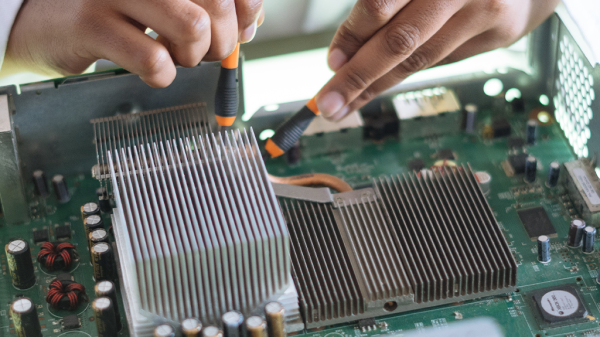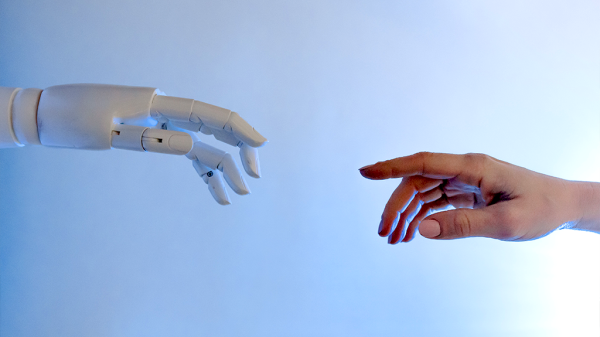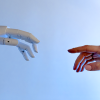In 2020, with office employees around the world working full-time from home, companies are stepping up their spyware game. Accordingly, employees are maneuvering mightily to outfox their own corporate Big Brother.
If you didn’t realize that companies were tracking their employees’ online activity already, well, bless your heart. I have a secret. Pssst, everything you do online is likely being tracked by somebody, somewhere. Companies have long had tracking systems in place, reportedly to use for an aggregate report for company executives, to try and help employees maximize productivity.
According to CNBC, Gartner reported that approximately half of large corporations monitored online employee activity. By the end of 2020, they predict at least 80% of companies will use some sort of internal tracking systems.
For companies with more than 1,000 employees, internal spyware has been the norm. However, internal spyware sales have had a boom since March. Some of these programs, like Time Doctor, ActivTrak, Sneek, and Teramind, are popular versions.
Companies with zero chill can also use a program called StaffCop. These programs allow a variety of services for the companies: Video monitoring through the employee webcam (yikes!), remote screen shots, login trackers, and even keystroke activity. It’s a lot.
Employees are onto this, though, and have become equally resourceful at showing The Man up. Anti-surveillance software programs are flying off the virtual shelves as employees seek out ways to keep corporate noses out of their business and their homes. Nobody likes a micromanager or a tattletale, especially an omniscient one.
The ingenuity of the human mind is mighty impressive and people are finding creative ways to block the intrusive snitchware.
One super simple way to foil the unwanted scrutiny is merely to do any non-work activity on a second device, be it a laptop, tablet, or smartphone. The spyware will still track your hours online and collect other data, but they won’t know everything. It’s good practice not to conduct personal work on a company machine anyway.
More tech-savvy workers are installing anti-surveillance programs that build a ring-fence around the spyware. This will show that you are online but won’t allow the software to track your every move. According to Wired, these and other programs that create fake mouse movements make workers appear like they’re tied to their desks, even when they aren’t.
Presence Scheduler sets your Slack status to permanently active. Slack caught on at one point and updated the system; Presence Scheduler then updated their system to counter Slack’s update. Another Slack hack is to keep your status set to “Away” even when you’re working. This works for most IM systems you may have. Your team and higher ups should get used to seeing the Away indicator, even when you’re replying to them. Where there’s a will, there’s a way.
Reddit has a whole thread on privacy measures and software to use for working and studying from home. One tip is to open Notepad and place something heavy on the space bar.
Then there’s this genius on a Reddit subthread who attached their mouse to an oscillating fan. It sounds funny, but intrusive software isn’t.
In fact, employers are required to let employees know they are being monitored. Best practices tell us to always be aware that our movements are being tracked, especially on a work computer.
Most employees are not trying to take advantage of the company. In a recent KPMG American Worker Survey of more than 1,400 people in large companies, 79% of workers report an improvement in their quality of work, and 70% say their productivity has increased since moving to a home office. However, 74% also report an increase in work demands, and 45% report that their mental health has suffered.
Of course, some of that is pandemic-related. Knowing they are being constantly monitored definitely is another factor – it breaks down trust. Most employees aren’t blowing off work at all; they are merely trying to stay sane. With the whole family at home, combined with the extra stress and labor that COVID-19 has heaped upon everyone’s plates, doing their actual jobs is most likely a mental getaway from daily drudgery.
Of course, you will always have your scammers, rapscallions, and lazybones. They have a way of making it into every company. However, they are just as skilled at getting away with not doing their work in person as they are remotely. Some people will work twice as hard to not do their actual job. This is not your average employee, though. Most people are not going to mess around and risk losing their job, especially now.
Employers need to start considering the end goal and lay off the nitpicking and spying. Is the work getting done? Is it getting done at roughly the same rate or faster than it was getting done before remote work became the standard? Okay, then maybe pump the brakes on all this snitchware. It only serves to heighten mistrust and adds to employee stress.
Of course, companies should have some ways of keeping track of productivity and employee hours. They are paying for the work to get done, and some workers are paid by the hour. However, human nature will rebel against too much intrusiveness, especially in their own homes. Employers need to realize that they can only go so far and scrutinize so much when they are “entering,” at least virtually, their employees’ personal space. In the meantime, there’s always the oscillating fan scam.
Joleen Jernigan is an ever-curious writer, grammar nerd, and social media strategist with a background in training, education, and educational publishing. A native Texan, Joleen has traveled extensively, worked in six countries, and holds an MA in Teaching English as a Second Language. She lives in Austin and constantly seeks out the best the city has to offer.













































Pingback: Scoring productivity: Is this new Microsoft tool creepy or helpful?
Pingback: Zoom Escape offers goofy 'exit strategies' for the Zoom-weary